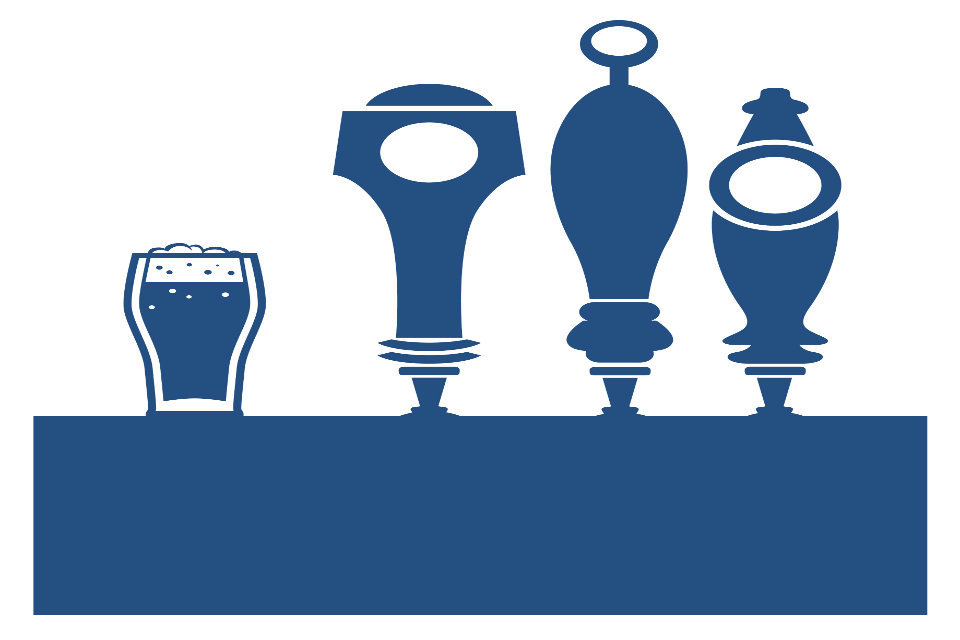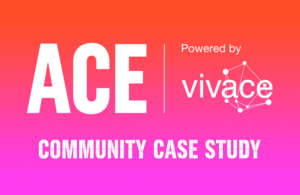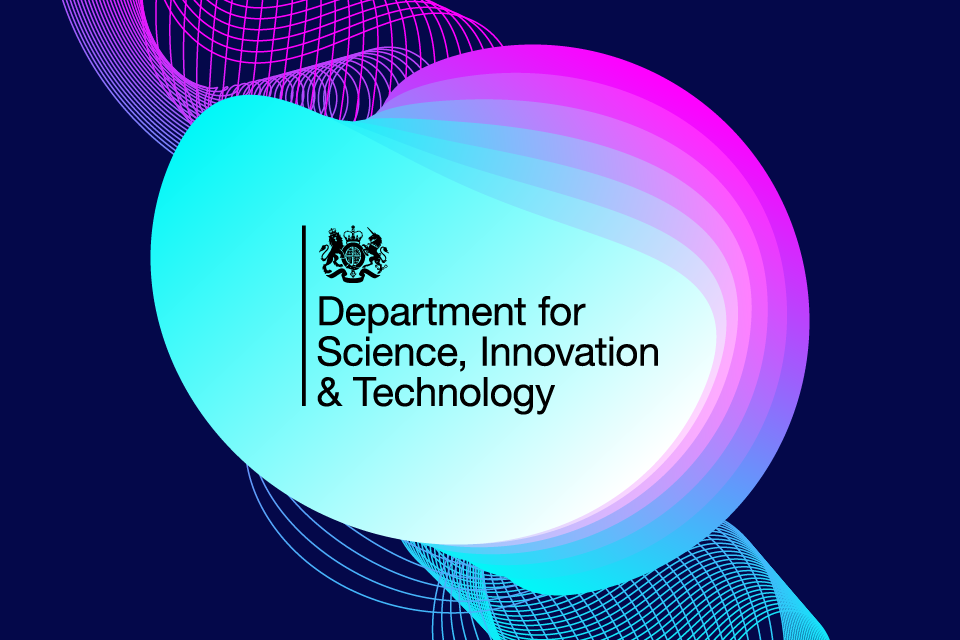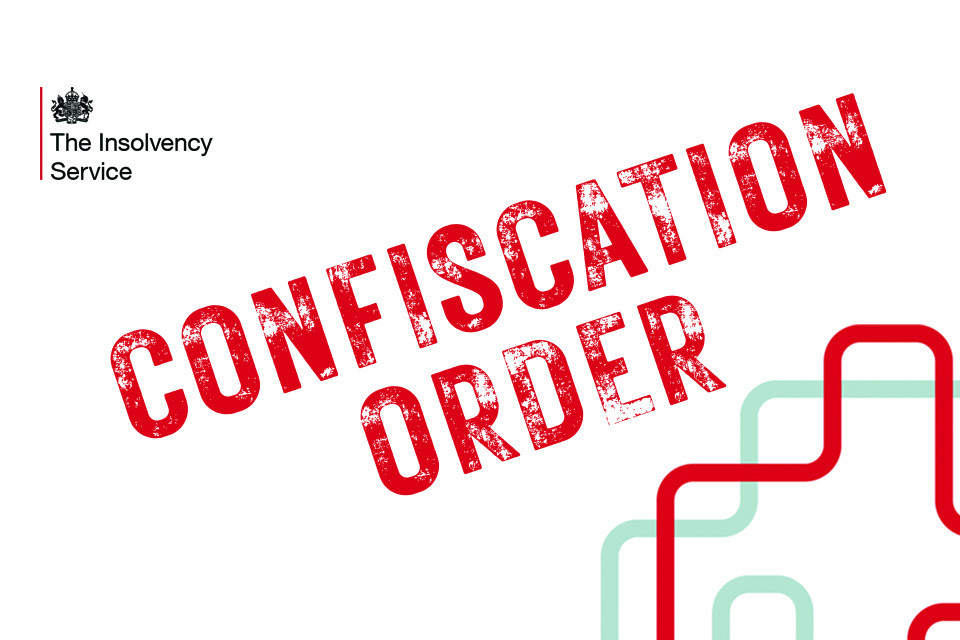Hackmasters was founded in 2014 to help big businesses realise the benefits of working at pace and stop them playing catch-up in a time of blisteringly fast technology and application development.
Founder and CEO Saher Sidhom said: “If you’re looking at cutting edge technologies, by definition it’s really new, there are not many people or many examples of how you should use it.
“So the idea behind starting Hackmasters was, can I create a process that tries to accelerate all of this so that we are at least at pace with what’s going on?”
Introduced to the Accelerated Capability Environment (ACE) six years ago, one of the most prominent pieces of work Hackmasters has designed has been for the Prime Minister’s office, exploring how large language models (LLMs) and generative AI can be used to speed up and inform decision-making in a particular mission area.
Another was as part of the Verification of Children Online (VoCo) commission work, helping unpack the challenges around verification together with policymakers, engineers, scientists, startups and think tanks.
Three core principles
Hackmasters is founded on three core principles. The first is speed, using the hack process as a way of very quickly learning – as well as unlearning – concepts. The second is the importance of a large network, so that the right people with the right level of expertise can be pulled in at the right time.
The third is technology first, so understanding how emerging tech – what is happening in laboratories as well as in research and development – can be scaled up, and how it can be applied.
So far, Hackmasters has worked with more than 2000 people. At the company’s core is a network called the Top 100 masters. These are people Hackmasters has worked with on several occasions – thought leaders, practitioners and academics in their specialist fields. They include a peer from the House of Lords, a rocket scientist and an astronaut. Outside of these, there are other databases of people Hackmasters has worked and engaged with, and the biggest has around 10,000 people on it.
Because it pulls on expert networks, Sidhom says one of Hackmasters’ strengths is “that we can be quite agnostic about the topics we work on. We have to create new knowledge, which means we start with a low level of expertise but a high level of process”.
Often, exploring a solution starts by assembling an interdisciplinary team, then spending time understanding the underlying trends and drivers, and how these might translate into potential hypotheses of what might happen next. Experiments can then be designed to validate these. Hackmasters, says Sidom, is a think tank that prototypes the future.
He adds: “In terms of methodology, I have written our approach into the Hackmasters playbook of 90+ tools and techniques and methodologies for creating futures and developing these strategies.”
Working with ACE, Sidom says, has given Hackmasters credibility, while enabling an expansion into defence and security work which “was never part of our plan but, nevertheless, a privilege”.
He added: “I think what is amazing about ACE is it gives government a space and a way for working a lot faster. Anything that can make government more efficient, innovative, and creative can only benefit everyone.”












